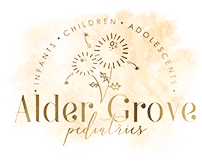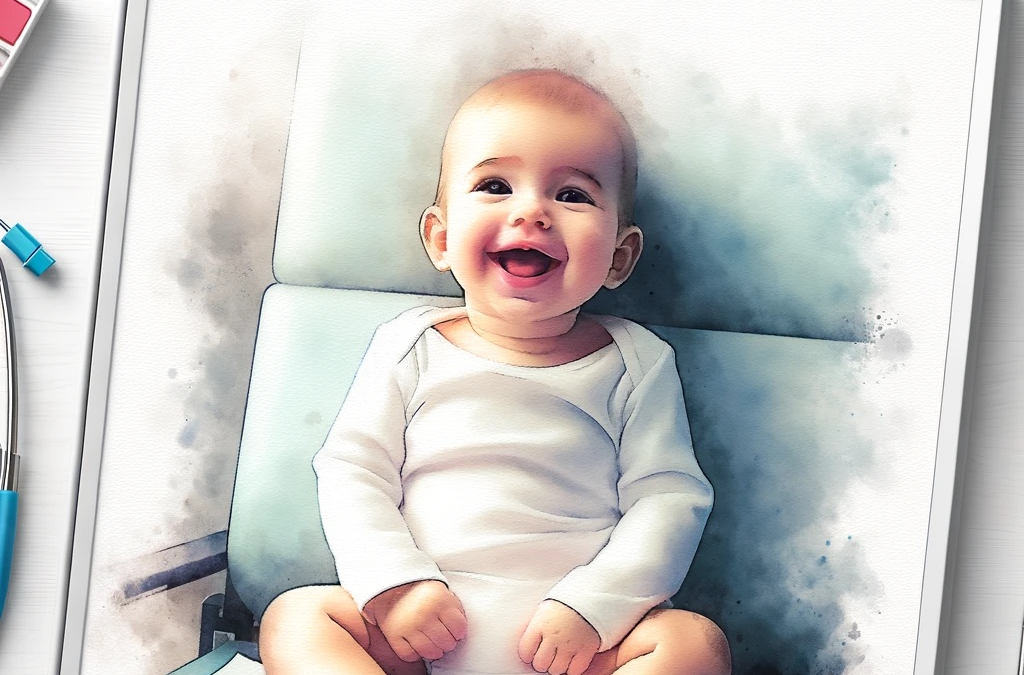Let’s talk about Respiratory Syncytial Virus (RSV). RSV can be concerning, especially in younger children, so here’s what you need to know to protect and care for your little ones.
What is RSV?
Respiratory Syncytial Virus (RSV) is a respiratory virus that typically causes mild, cold-like symptoms. It is one of the leading causes of bronchiolitis (inflammation of small air passages in the lungs) and pneumonia in children under one year of age.
Symptoms to Watch For
RSV symptoms in infants and children can range from mild to severe.
- Mild Symptoms: These can include runny nose, coughing, sneezing, fever, and a decrease in appetite.
- Severe Symptoms: Watch for difficulty breathing (fast breathing, retractions or when the skin between ribs sink in with breathing), wheezing, rapid breathing, a bluish skin color (indicating lack of oxygen), high fevers, decreased wet diapers, and significant irritability or lethargy.
When to Consult Your Pediatrician
If your child is showing any severe symptoms, or if mild symptoms persist or worsen over a week, it’s important to contact me or your healthcare provider. This is especially crucial for infants and children with underlying health conditions.
Visiting the Doctor: What to Expect
If you’re concerned your child might have RSV, here’s what typically happens during a visit:
- Clinical Assessment: I will conduct a thorough physical examination, focusing on your child’s breathing, lung function and oxygen levels.
- Symptom Review: Be ready to discuss the onset, duration, and progression of symptoms.
- Diagnostic Tests: We may perform a nasal swab test to confirm RSV.
- Management and Care Plan: Since there’s no specific treatment for RSV, care is supportive. This includes managing fever, ensuring hydration, and monitoring breathing. In severe cases, hospitalization may be required for oxygen therapy or other supportive care.
The RSV Medication
- Recently an injectable medication for RSV has become available. The CDC recommends one dose of Nirsevimab all infants aged 8 months and younger born during or entering their first RSV season and 1 dose of Nirsevimab for infants and children aged 8–19 months who are at increased risk for severe RSV disease and entering their second RSV season.

